No internet and we are paying British Telecom £55 per month. BT Infinity for the fastest fibre speeds? (WITH UPDATE)
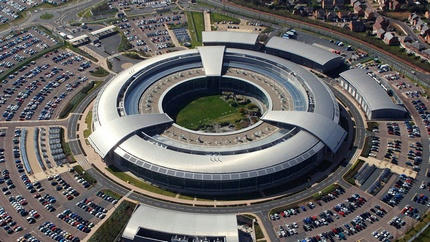
UK Government Communications Headquarters (GCHQ)
Part 1 (10 December 2015): My laptop rendered useless for work in an unprecedented attack that may prove to be terminal (VIDEO)
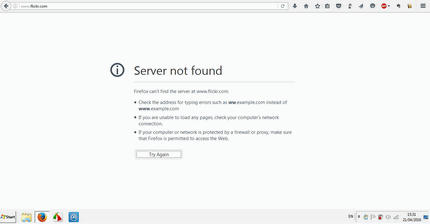
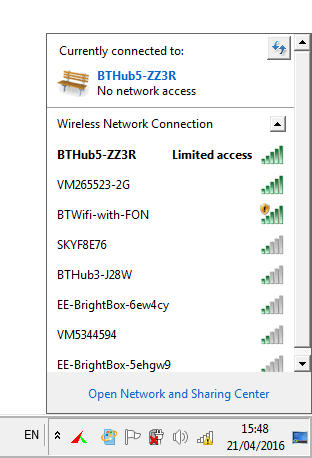
UPDATE: Almost four hours later and we still have no internet on one of three laptops:
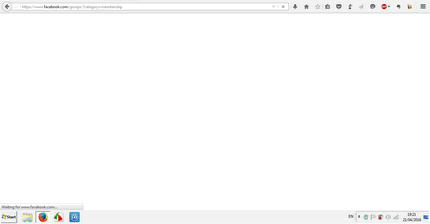
Our broadband provider is British Telecom (BT) but I am also mindful of Edward Snowden's revelation that Telecoms, internet providers, encryption and internet security companies are not only cooperating with the US National Security Agency (NSA) and UK Government Communications Headquarters (GCHQ) on a daily basis, but they provide them with back doors into supposedly secure software. This is paragraph 12 of Declan's recent updated complaint to the United Nations under Article 19 (freedom of expression) of the International Covenant on Civil and Political Rights in respect of GCHQ.
HEAVEY v. THE UNITED KINGDOM
COMMUNICATION SUBMITTED FOR CONSIDERATION UNDER
THE FIRST OPTIONAL PROTOCOL TO THE INTERNATIONAL
COVENANT ON CIVIL AND POLITICAL RIGHTS
12. It is important to underscore that the discriminatory surveillance suffered by the Applicant and his wife is not an isolated event. Rather, it is emblematic of a larger pattern of surveillance by law enforcement officials in the UK that has been well-documented by international and domestic human rights bodies. For example, GCHQ's Joint Threat Research Intelligence Group (JTRIG) specialises in the "4 D's": deny, disrupt, degrade, deceive. It has been branded by the press as the spy agency's "deception unit". Though its existence was secret until 2014, JTRIG has developed a distinctive profile in the public understanding, after documents from NSA whistleblower Edward Snowden revealed that the unit had engaged in "dirty tricks" like deploying sexual "honey traps" designed to discredit targets, launching denial-of-service attacks to shut down Internet chat rooms, pushing veiled propaganda onto social networks and generally warping discourse online. Previous reporting on GCHQ established its focus on what it regards as political radicalism. Beyond JTRIG's targeting of Anonymous, other parts of GCHQ targeted political activists and groups deemed to be "radical", even monitoring human rights NGOs. Simon Davies, president of the London-based Privacy International, asks: "If spying on human rights NGOs isn't off limits for GCHQ, then what is?"
Related blog post 25 March 2016: Threat to life: Updated complaint to the United Nations
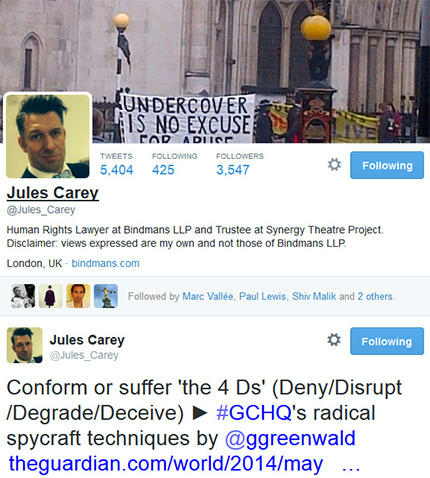
'Let me recommend an important web site churchandstate.org.uk. Operating out of London this well-designed and exciting web site covers church-state, population, climate change and other issues. Check it out.' - Edd Doerr, President, Americans for Religious Liberty
About Church and State
Letter from our Chairman
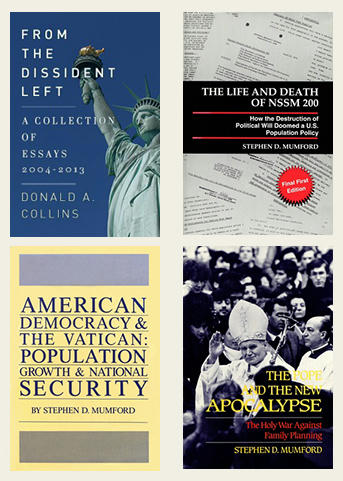
Purchase straight from Amazon's Kindle Store:
From the Dissident Left: A Collection of Essays 2004-2013 for $4.67
The Life and Death of NSSM 200: How the Destruction of Political Will Doomed a U.S. Population Policy for $6.64
American Democracy and the Vatican: Population Growth and National Security for $4.99
The Pope and the New Apocalypse: The Holy War Against Family Planning for $2.99

